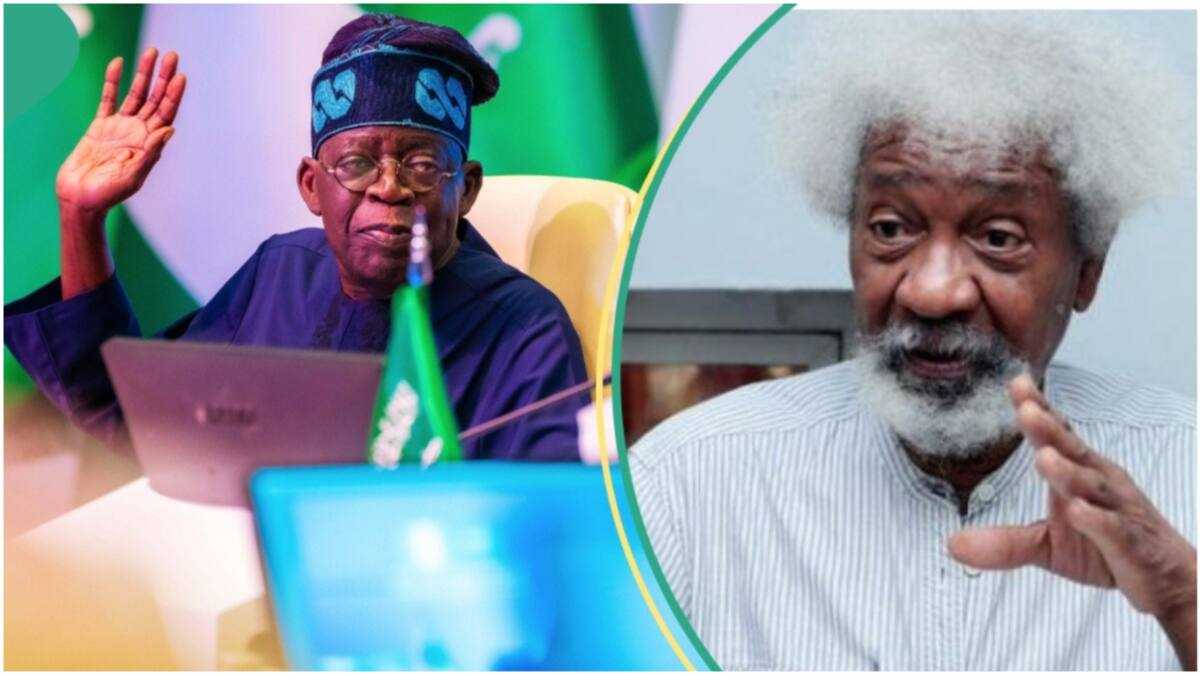Don rallies Nigeria to optimise culture potential
A professor of Classics and Philosophy at the Princeton University, the United States of America (USA), Hendrik Lorenz, has called on Nigeria to organise and work together to actualise its potential and overcome prejudices from the Global North.
Lorenz, a Visiting Professor at Princeton University, the USA, made the call during a symposium hosted by the Department of Classics, University of Ibadan and the Classical Association of Nigeria.
The event, which had the theme: “Africa in Aristotle and Aristotelian Tradition”, was held at Draper’s Hall, Institute of African Studies of the university.
Present at the programme were Prof. Femi Osofisan, Prof. Olabode Lucas, Emeritus of English, Prof. Dan Izevbaye, and others.
Professor Lorenz spoke extensively on history, studies, thoughts, and ideas of Plato and Aristotle, and their philosophical and scientific tradition.
He said thoughts of Plato and Aristotle were built in philosophy, science and culture, saying to understand how the thoughts work, it is essential to look at the foundation from Plato, Aristotle and other thinkers.
Lorenz noted Nigeria is at the receiving end of a lot of prejudices and discriminations; saying to dismantle the prejudices, the country needs to understand and look at historical text and their contextual framework.
He said: “Nigeria is at the receiving end of a lot of prejudices and discrimination from people in the North, America, and Europe. Many of these prejudices come from philosophical and scientific backgrounds. So, if you want to dismantle the prejudices, we need to look at historical text that put them to work and propose the contextual framework.”
He also urged Nigerians to work together in order to make a difference, pointing out that Nigeria has a lot of potential in various sectors.
The American scholar said: “Nigeria needs to organise better to actualise its full potential. Individuals cannot struggle effectively alone in isolation. They must organise and agitate together. By working and organising together, Nigeria can make a difference. Nigeria needs to work together and collaborate. Cooperation is the most important thing. Don’t separate, but work together and learn from other nations. There are economic, educational, cultural and healthcare opportunities in working together. Nigeria needs to cultivate and promote what it can offer the world. Nigeria has a lot of potential when it comes to music, cuisine and others. To optimise these, Nigeria has to organise.”
Earlier, Prof. Olakunbi Olasope of the Classics Department of UI said there are lots of practical benefits in promoting classical studies in Africa.
She, therefore, urged participants to continue to work together to promote classical studies in Nigeria, and Africa to unlock the potential of the youth, and to further enrich people’s cultural heritage.
The professor said: “Classical studies in Nigeria have had a profound impact on our country’s educational landscape and cultural heritage. Classical studies, encompassing the languages, literature, history, and culture of ancient civilizations of Greece and Rome, offer a wealth of knowledge and insights that can enrich our minds and lives as Africans.
“Here in Nigeria, cultural heritage and identity are deeply valued, classical studies have been complementing and enriching our existing various cultural traditions. By exploring the classical world, we have gained a broader understanding of the global cultural landscape and develop a more informed sense of our place within it.
“Promoting classical studies in Africa has benefits. Our discipline has enhanced educational standards, fostered cultural exchange, and provided opportunities for collaboration and innovation both at home and abroad.”
By embracing classical studies, we can tap into a rich intellectual tradition that has shaped the world and continue to inspire and educate future generations.
“I implore us to continue to work together to promote classical studies in Nigeria, nay, Africa to unlock the potential of our youth, and to further enrich our cultural heritage. By doing so, we can build a brighter future for ourselves, our communities, and our continent.”











